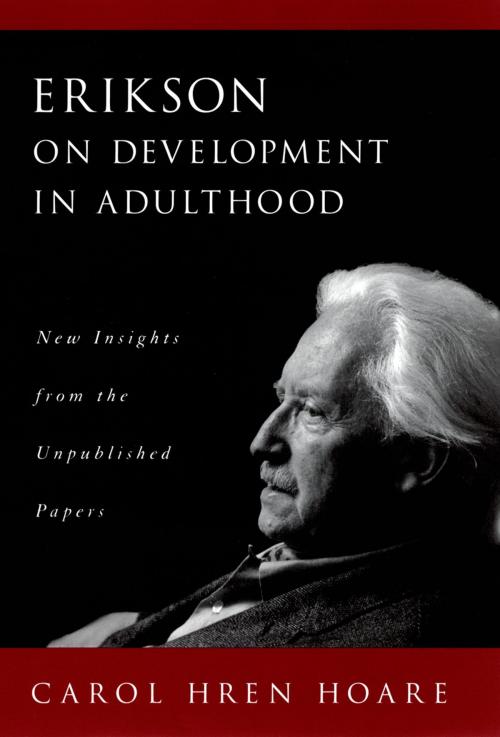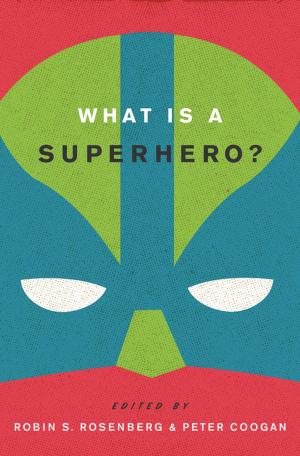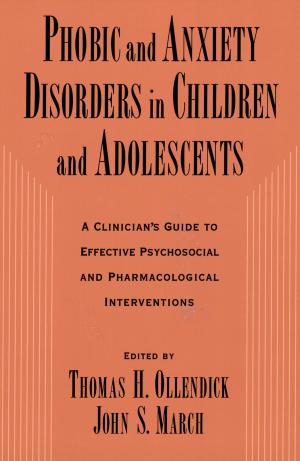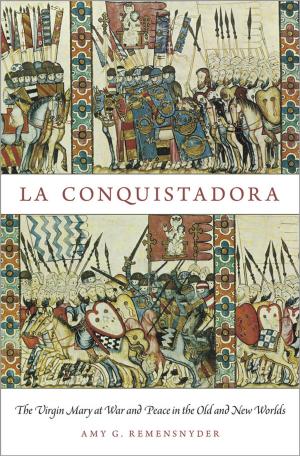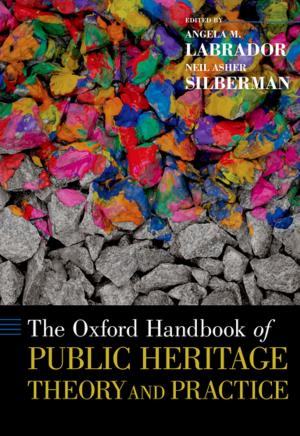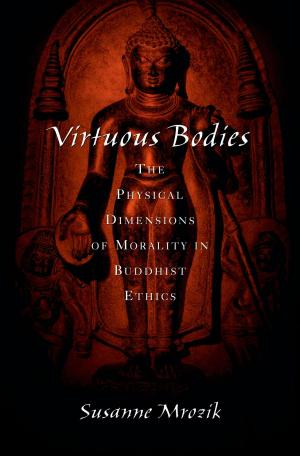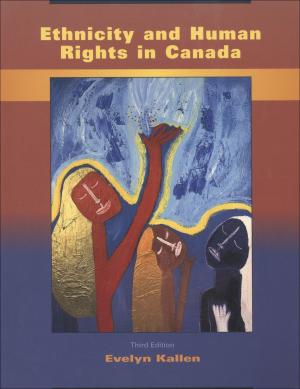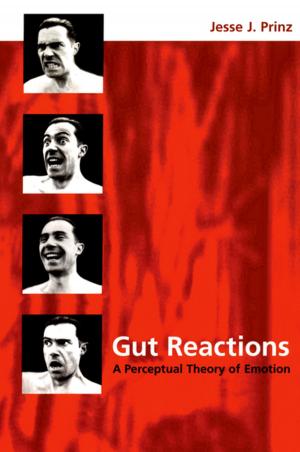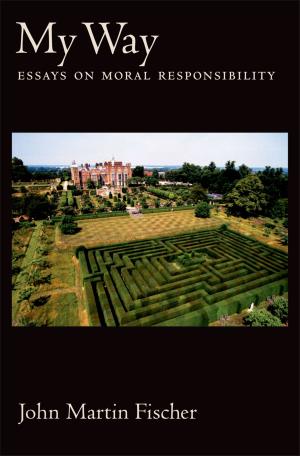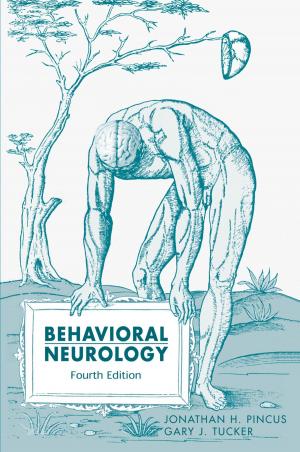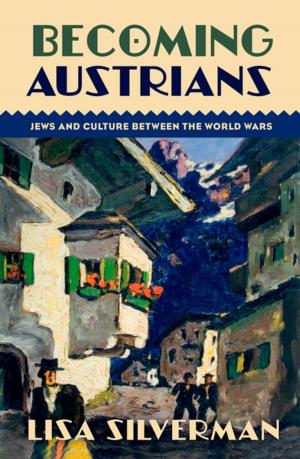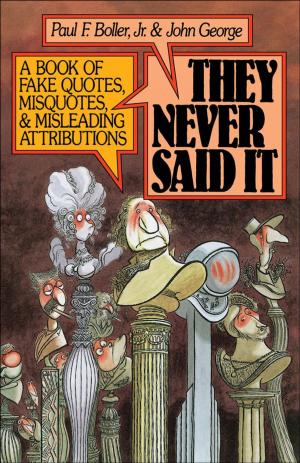Erikson on Development in Adulthood
New Insights from the Unpublished Papers
Nonfiction, Health & Well Being, Psychology, Developmental Psychology, Child & Adolescent, Child Development| Author: | Carol Hren Hoare | ISBN: | 9780190285074 |
| Publisher: | Oxford University Press | Publication: | December 13, 2001 |
| Imprint: | Oxford University Press | Language: | English |
| Author: | Carol Hren Hoare |
| ISBN: | 9780190285074 |
| Publisher: | Oxford University Press |
| Publication: | December 13, 2001 |
| Imprint: | Oxford University Press |
| Language: | English |
Erik Erikson (1902-1994) was one of the most eminent and prolific psychologists of the 20th century. Over his long career he published a dozen books, including classics such as Childhood and Society; Identity, Youth, and Crisis; and Young Man Luther . He was awarded the Pulitzer Prize and the National Book Award in 1970 for his biography Gandhi's Truth. It was also in 1970, when he retired from Harvard University, that Erikson began to rethink his earlier theories of development. He became increasingly occupied with the conflicts and challenges of adulthood--a shift from his earlier writings on the "identity crises" of adolescence. For the past twenty years, Carol Hoare has written extensively on various aspects of Erikson's work. She has been aided by access to Erikson's unpublished papers at Harvard, as well as cooperation with Joan Erikson, the psychologist's wife and longtime collaborator. By reconstructing Erikson's theory of adulthood from his unpublished papers, Hoare provides not only a much-needed revision of Erikson's work, but also a glimpse into the mind of one of the 20th century's most profound thinkers.
Erik Erikson (1902-1994) was one of the most eminent and prolific psychologists of the 20th century. Over his long career he published a dozen books, including classics such as Childhood and Society; Identity, Youth, and Crisis; and Young Man Luther . He was awarded the Pulitzer Prize and the National Book Award in 1970 for his biography Gandhi's Truth. It was also in 1970, when he retired from Harvard University, that Erikson began to rethink his earlier theories of development. He became increasingly occupied with the conflicts and challenges of adulthood--a shift from his earlier writings on the "identity crises" of adolescence. For the past twenty years, Carol Hoare has written extensively on various aspects of Erikson's work. She has been aided by access to Erikson's unpublished papers at Harvard, as well as cooperation with Joan Erikson, the psychologist's wife and longtime collaborator. By reconstructing Erikson's theory of adulthood from his unpublished papers, Hoare provides not only a much-needed revision of Erikson's work, but also a glimpse into the mind of one of the 20th century's most profound thinkers.
